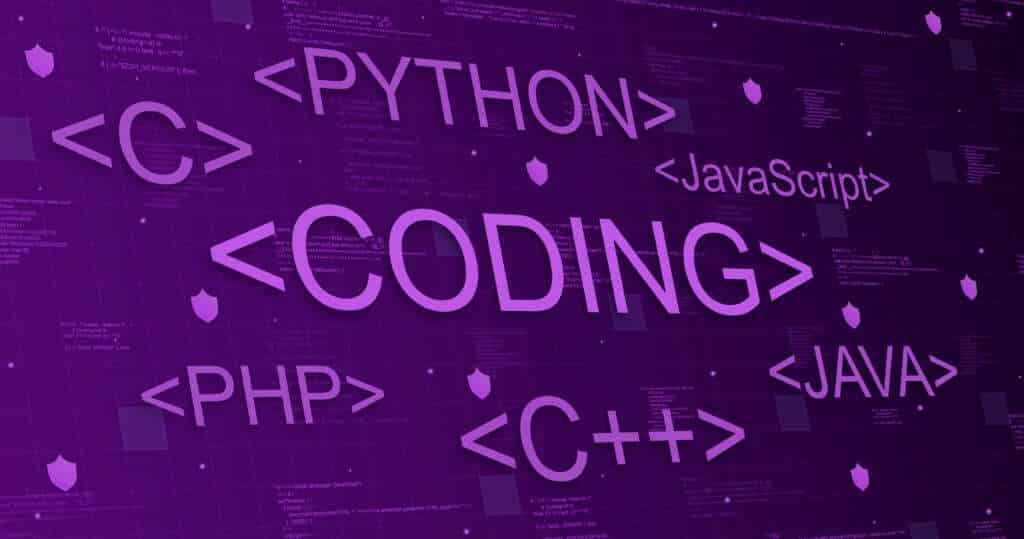Python is a versatile, easy-to-learn programming language that has become a popular choice for beginners and seasoned developers alike. Despite its simplicity, learning Python can still pose a challenge if you’re not sure where to start or what strategies to adopt.
The Importance of Setting Learning Objectives
Setting learning objectives is an essential first step in your Python learning journey. What you plan to do with Python can significantly impact your learning strategy.
Learning Python for Data Science
Python is widely used in data science, so if this is your focus, your learning objectives should include understanding Python libraries like NumPy, Pandas, and Matplotlib.
Python for Web Development
If your goal is web development, mastering Python frameworks like Django or Flask becomes important.
Python for Automation and Scripting
For those interested in automation and scripting, mastering Python’s basic functions and understanding how to write Python scripts will be crucial.
Starting with the Basics
The foundation of your Python knowledge begins with understanding Python’s syntax and semantics. Getting a good grasp of variables, data types, control flow, functions, and error handling is necessary.
The Role of Practice in Python Mastery
Practicing what you’ve learned is the key to mastering Python. This involves writing a lot of code and solving coding problems.
Regular Coding
Regularly writing Python code helps to reinforce your knowledge and understanding of the language.
Participating in Coding Challenges
Coding challenges can test your understanding and application of Python concepts. Platforms like LeetCode, HackerRank, or Codewars are excellent for this.
Utilizing Python Learning Resources
There are many resources available for learning Python, both free and paid.
Online Python Courses
Online courses are a great way to start. Platforms like Coursera, Udemy, or Codecademy offer excellent Python courses.
Python Books
Books like “Learn Python the Hard Way” and “Python Crash Course” offer detailed explanations and practice problems.
Python Podcasts and Blogs
Podcasts and blogs provide insights into Python trends and best practices, helping you stay updated.
Python Community Engagement
Engaging with the Python community can significantly enhance your learning experience.
Joining Python Meetups
Local or online Python meetups offer a platform to network with other learners and professionals, exchange ideas, and get help with your queries.
Following Python Forums and Q&A Sites
Forums like Stack Overflow and the Python subreddit are great for troubleshooting coding problems and learning from other Python users’ experiences.
The Importance of Real-World Python Projects
Building real-world projects is the ultimate test of your Python skills and a great addition to your portfolio.
Conclusion
There’s no single “best” way to learn Python, but the strategies outlined here will give you a comprehensive roadmap to follow. Remember that learning Python, like learning any new skill, is a journey that requires patience, persistence, and practice.


